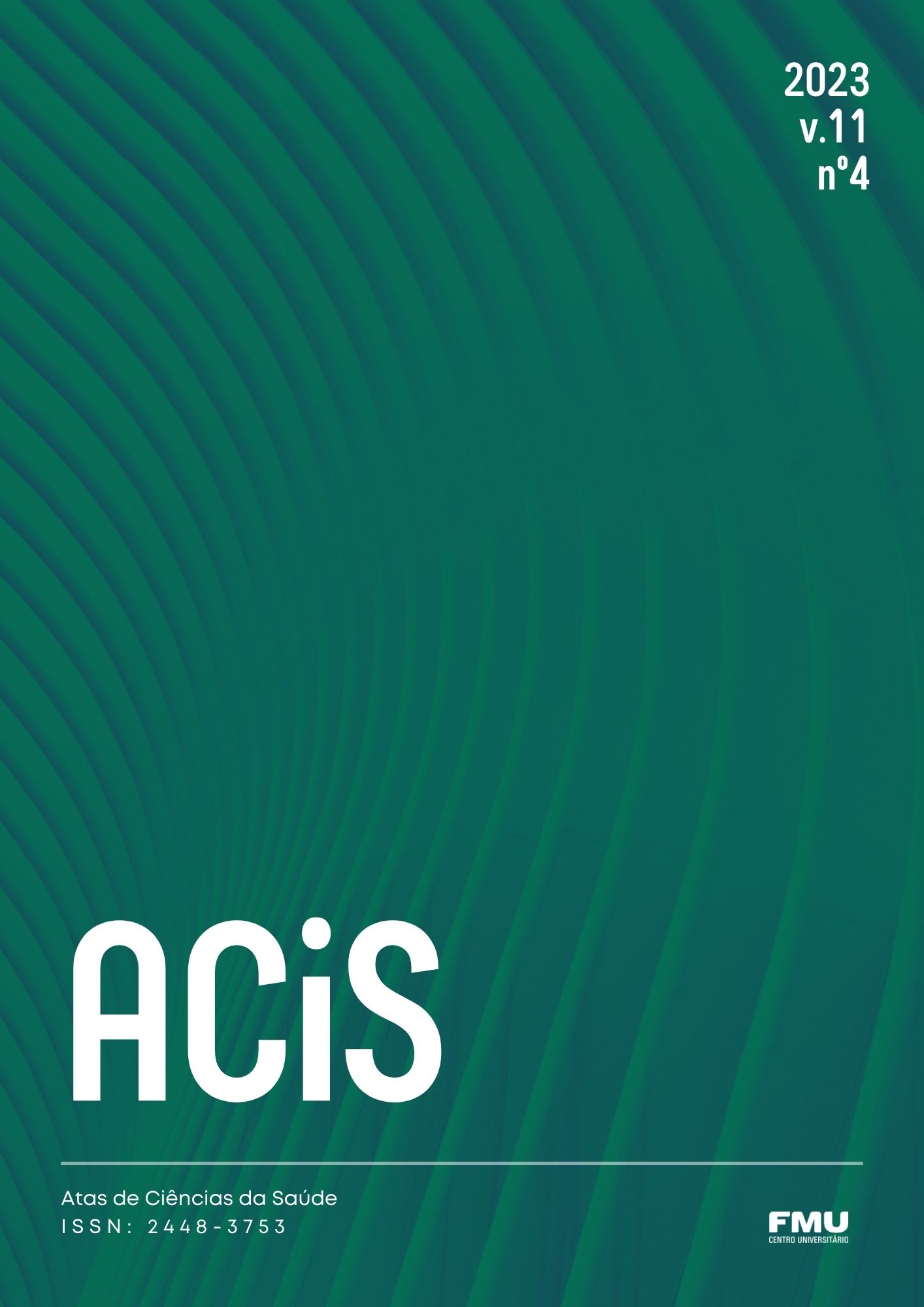Uso da biologia molecular nas ciências forense
Ciência forense
Abstract
Abstract: Molecular biology tools have increased the forensic scientist's ability to characterize biological evidence to the point where it is possible to analyze tiny samples and achieve high levels of individualization. In this case study, we describe key forensic biological evidence that is being or is likely to be filled in by molecular biology tools. Data collected from the study point to results such as knowledge gaps and new directions were identified where molecular biology is likely to guide the field of forensic science. We identified some of these areas where further development is needed: improving current typing limits for low quantity and quality samples; improve the efficiency of sample recovery and extraction; convert current STRs into mini-STRs; select and validate new mini-STRs; select and validate a variety of SNPs for different applications; multiplexing enhancement; development of automation for high throughput; development of expert systems for data interpretation; develop sequencing capabilities for screening microorganism genomes; and field tests. We conclude that the future of molecular biology for forensic science is exciting and dynamic. There is still much to be achieved and the developments in molecular biology will be essential to help solve crimes and identify missing people.
Published
Issue
Section
License
Copyright (c) 2023 Maria Lucia Sala, Erik Cendel Saenz Tejada

This work is licensed under a Creative Commons Attribution-NonCommercial 4.0 International License.
Autores que publicam nesta revista concordam com os seguintes termos:
- Autores mantém os direitos autorais e concedem à revista o direito de primeira publicação, com o trabalho simultaneamente licenciado sob a Licença Creative Commons Attribution que permite o compartilhamento do trabalho com reconhecimento da autoria e publicação inicial nesta revista.
- Autores têm autorização para assumir contratos adicionais separadamente, para distribuição não-exclusiva da versão do trabalho publicada nesta revista (ex.: publicar em repositório institucional ou como capítulo de livro), com reconhecimento de autoria e publicação inicial nesta revista.
- Autores têm permissão e são estimulados a publicar e distribuir seu trabalho online (ex.: em repositórios institucionais ou na sua página pessoal) a qualquer ponto antes ou durante o processo editorial, já que isso pode gerar alterações produtivas, bem como aumentar o impacto e a citação do trabalho publicado (Veja O Efeito do Acesso Livre).





